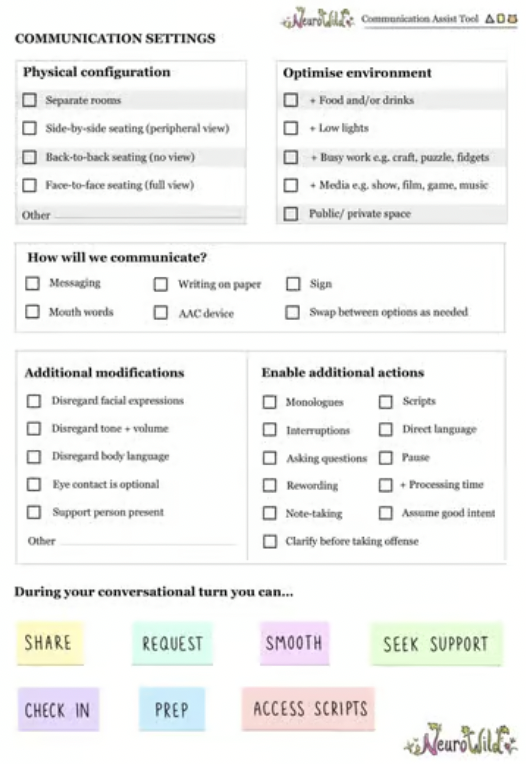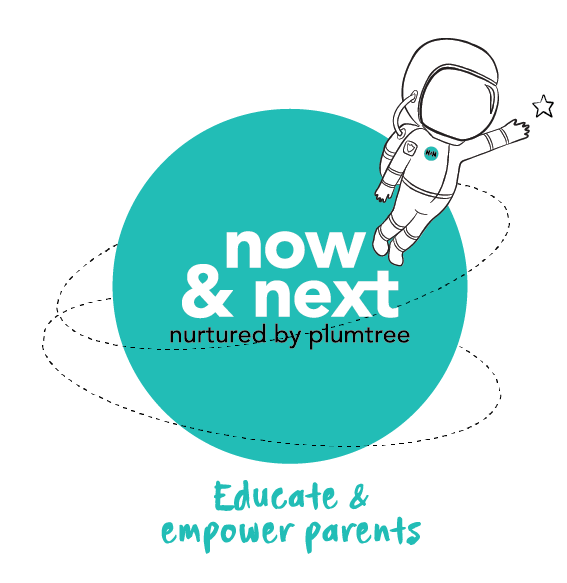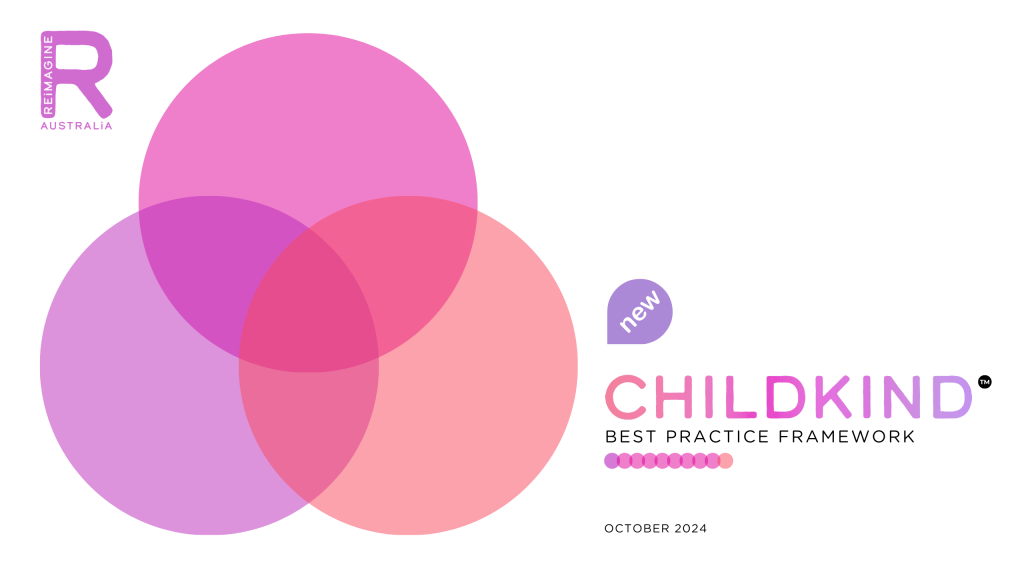CHILDKIND WAY OF WORKING #9

“Developing skills, knowledge, and resources to enhance effectiveness and support for children and families.“
Build My Capacity focuses on developing skills, knowledge, and resources to enhance support for children and families, through:
Empowering Families: Equip families with the skills and knowledge to advocate effectively for their children, fostering confidence and active engagement in their development.
Accessible Communication: Utilise inclusive communication strategies, such as visual aids, to ensure children and families understand and can meaningfully participate in discussions about their child’s needs.
Community Connections: Build peer and community support networks to create a sense of belonging to enhance the overall support available to families.
One of the six priority areas within the National Action Plan to 2030 is Empowered and Resourced (Reimagine, 2020). This states that “Caregivers must be empowered with information, resources and choice, to support the development and wellbeing of their whole family” (Reimagine, 2020, p. 13). It is essential that families are supported to develop necessary skills, knowledge and resources, as they are and will remain, their child’s first (and most influential) teacher (Queensland Government, 2023).
For parents and carers of children with disability, developmental delay or neurodivergence, building capacity will not only empower them to be more skilled and knowledgeable, but will also place them in a strong position as advocates for, and with their children. Not only are skills, knowledge and resources important, but also parents being supported to develop a positive belief in their capacity. A systematic review was conducted in 2018 which sought to assess the effectiveness of parenting interventions in increasing parental self-efficacy levels in parents of young children with neurodevelopmental disabilities. While parenting programs are just one way to enhance effectiveness and support, overall it was found that parental self-efficacy in parents of children with neurodevelopmental disabilities was increased through parent training programs (Hohlfeld, 2018).
Build My Capacity, as a way of working, relates to the ‘design and delivery of services and supports’ phase of the child’s early developmental support journey. This way of working is broken down into 3 Key Competencies. In practice, these competencies might be demonstrated as follows:
Strengthening Capabilities: While it can be very helpful for children and families to have things done for them, ultimately for sustained growth and development, children and families need to develop and strengthen their capabilities. Potential is an ever-evolving state, and for individuals to keep reaching toward a potential moves this from a fixed, unmoving goal to one that continues to hold realistic, but high expectations for every individual.
Accessible Communication: Just as we would not expect to communicate deeply with someone who did not share any common language, we cannot expect deep and authentic communication to occur unless some shared communication strategies are embedded. Learning to incorporate visual communication, signing, and other augmentative and alternative communication (AAC), will increase the possibilities for everyone.
Peer and Community Support: Another priority area of the National Action Plan to 2030 is Meaningful Participation, which situates networks, communities, learning and work environments as places where meaningful participation needs to occur (Reimagine, 2020). A sense of belonging is important and developing peer and community support will allow families to build their own networks that respond to their own needs.

NeuroWild created this Communication Assist Tool (CAT) to help improve communication outcomes between people who may have mismatched communication styles.
This resource can be purchased via the link below. Reimagine Australia has no commercial arrangement in place with NeuroWild and does not receive any commission for referral.

You can find out more about the Now and Next program below. Now and Next is a paid program that runs over 8 sessions. Reimagine Australia has no commercial arrangement in place with Plumtree and does not receive any commission for referral.

Raising Children Network (2006-2024). Child and parent disability services. (List)

Queensland Government (2023). Families as first teachers.
Building capacity within families is fundamental to creating inclusive environments that support the holistic development of children with neurodivergence.
Gore, J. M., & Keddie, A. (2013), "Flexible Learning in the Context of Disability.
Access more information on the ChildKind Best Practice Framework with its 10 Ways of Working, 30 Key Competencies and 8 supporting Values and Behaviours here:
